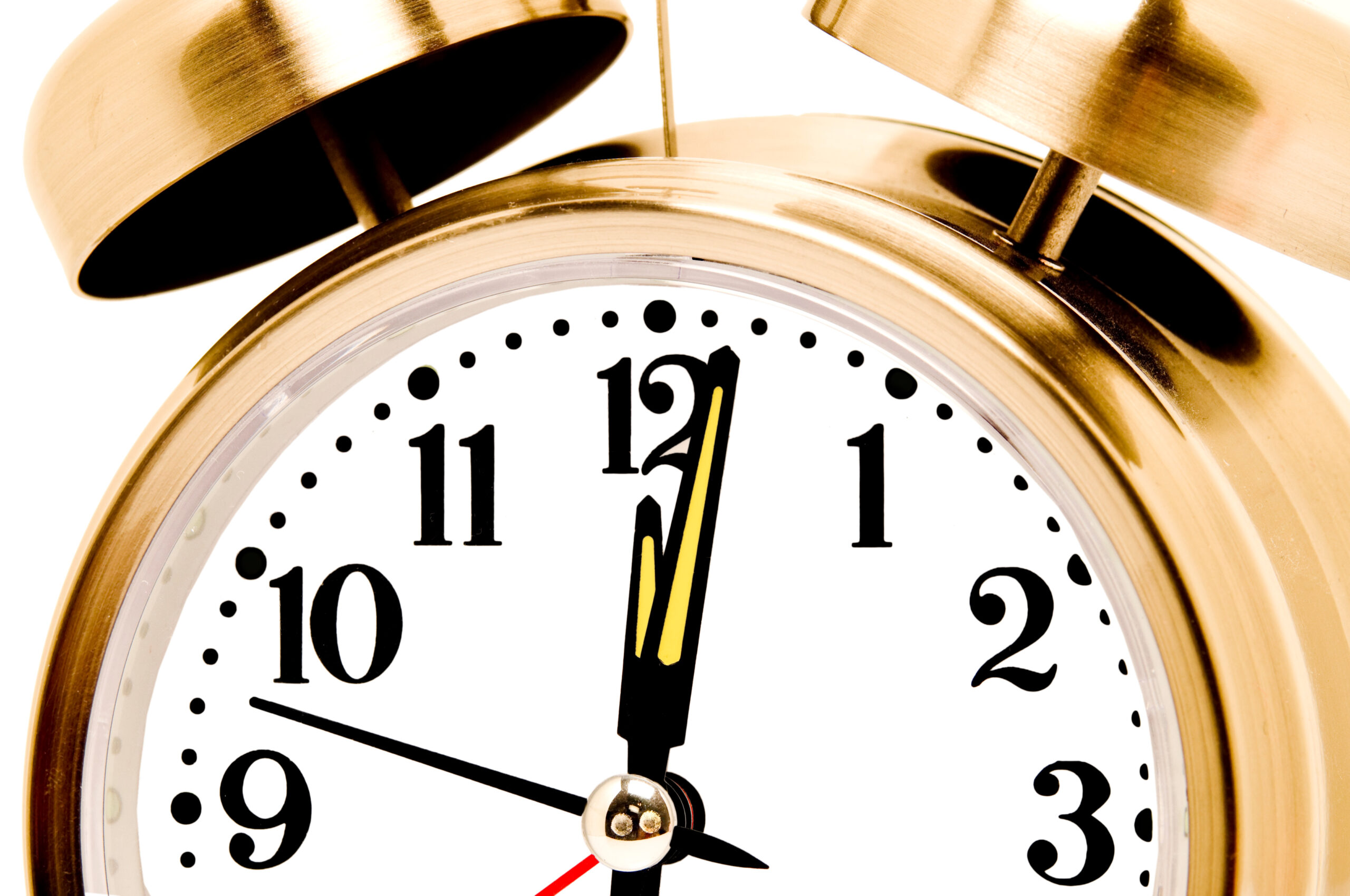
If you are staying up late into the small hours of the morning becoming angry at your Twitter posts, buying stuff online, eating a whole container of ice cream, or indulging in gambling be warned.
You might be harming yourself and others by using your brain after midnight.
Read More »Their theory is called Mind After Midnight. It is outlined in a new research report that suggests that when we are awake during our biological or circadian night (for most of us that means after midnight) changes take place in our brains that reshape the way we think and how we interact with others—in a bad way.
The interactions that are most involved relate to how we control our impulses, how we process rewards, and how we handle information.
The result is that we are more likely during the night to see the world in a negative light, take part in behavior that is harmful, and make impulsive decisions. In particular, we are most affected by behavior that is addictive, such as substance abuse and gambling, without fully considering the consequences of our behavior.
In short, your brains tend to handle most activity after midnight in a harmful way.
Basic concept
The basic concept behind this theory is that if you engage in these activities after midnight you are using your internal biological, or circadian, clock in activity that requires wakefulness, not sleep, explains Dr. Elizabeth B. Klerman, senior author of the research paper. The problem, however, is that after midnight your internal clock is set to sleep, not to be awake, adds Klerman who is an investigator in the Department of Neurology at Massachusetts General Hospital and a professor of neurology at Harvard Medical School.
Harmful for late-night workers
Millions of people are awake in the middle of the night, Klerman points out. The evidence is strong that their brains are not working as well at those times as they are during the day.
The findings therefore can be highly meaningful for those people who are required to be awake at night for work, such as health-care workers, pilots, military personnel, and police officers. In addition, the research also can lead to new strategies that can cut disorders resulting from substance abuse, violent crime, and even suicides.
More research is needed
She strongly suggests that more research be conducted into the ramifications of the Mind After Midnight theory as not only these workers’ own safety and health are affected, but those of other people, too.
Earlier studies have shown that people are more at risk at night to take part in harmful behavior, such as violent crime, suicide, and substance abuse.
Suicides are more likely to take place during the night-time hours, agrees Dr. Michael L. Perlis, as associate professor of psychology at the University of Pennsylvania’s Perelman School of Medicine, who is a co-author of the Mind After Midnight paper. Not only that, but violent crime and homicides also are more common during the night. So are the risks of inappropriate or illegal use of substances such as alcohol, cannabis, and opiods.
Food is likely unhealthy
In addition, what we eat after midnight tends to be unhealthy. We consume more processed foods, lipids, and carbohydrates. The result is that we consume more calories than we need.
The researchers asked why bad behavior tends to occur more at night than at other times. They considered the fairly obvious answers, such as that it is much easier to commit a crime under cover of darkness and fewer people are around and awake in the early hours of the morning to keep our bad behavior in check. They concluded, however, that the biological reason is more likely as an explanation.
Effects on our behavior
Klerman outlines how the 24-hour circadian rhythm works on our brains.
• The positive effect—the tendency to view information positively—reaches its highest level during the morning. At that time our biological clock is tuned toward wakefulness. This effect is at its lowest level during the night when our biological clock is tuned toward sleep.
• The negative effect—the tendency to view information in a threatening or negative light—is at its highest at night.
In addition, your body naturally produces more dopamine during the night which can change your motivation and reward system, increasing the likelihood that you will take part in risky behavior.
Brain is subject to changes
The biased way in which you interpret information at different times is sent to parts of the brain that are responsible for making decisions. Those parts normally work to control negative distractions and focus on behavior that is goal-oriented.
These parts of the brain, however, are also subject to changes resulting from the circadian rhythm that can impair functioning, decision-making, and prioritization, Klerman says. Your view of the world then becomes more negative. You make decisions that are poor. The mental image that you create of the world around you might no longer match reality.
As a result, you might drink too much, miss a crucial diagnosis on a patient, crash an oil tanker into the rocks—or worse.
Only a hypothesis
It is important to note that Mind After Midnight remains a theory, one that would require to be validated through research studies that are carefully built, Klerman adds.
An ironic twist is that the best way to gather this data will require that researchers have to be working and awake themselves after midnight. They might, for example, be taking MRI images of participants in a study.
Most researchers and technicians do not like to be awake in the early hours of the morning, Klerman says. Nevertheless, they will have to suffer the inconvenience to help the millions of people who need to be awake at night or are awake involuntarily, she adds.





